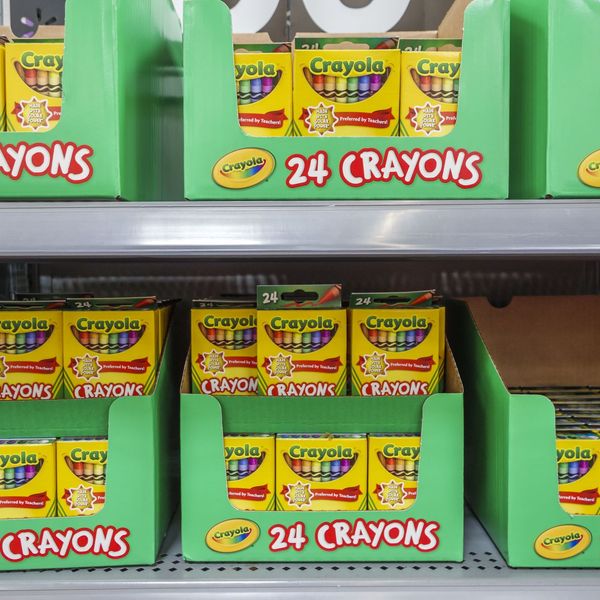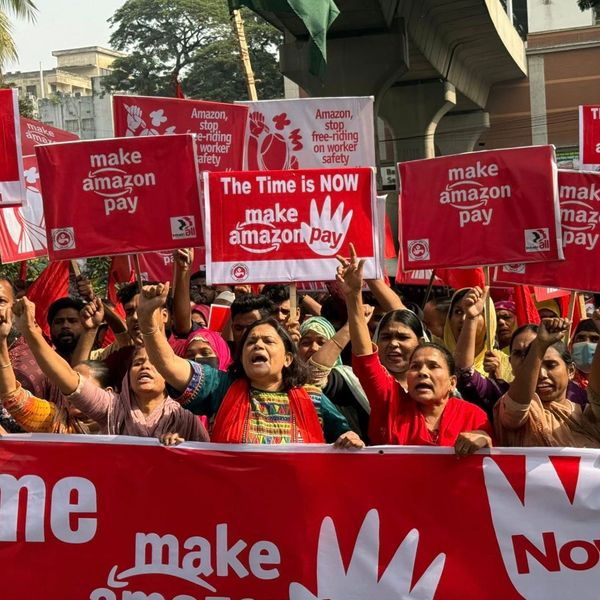Online behemoth Amazon is acquiring Austin-based Whole Foods Market for $13.7 billion, the companies announced Friday--a development that watchdogs say will pad billionaire pockets and spell bad news for consumers.
Jim Cramer, host of CNBC's "Mad Money," expects the deal to make Amazon, headed by Jeff Bezos, "dominate food within the next two years." He added: "I'm taking down numbers for everybody who sells food. Everybody. Because you can't compete [with] Amazon. They will not let you compete."
It's already "rattled the retail sector."
Indeed, writes Bloomberg, the acquisition "sends shockwaves across both the online and brick-and-mortar industries. Grocery chains plunged on Friday--Wal-Mart Stores Inc. fell as much as 7.1 percent, while Kroger Co. tumbled 17 percent--as investors worried that woes will mount in the increasingly cutthroat industry."
(Amazon's stock, meanwhile, was up 3.3 percent--making the acquisition "essentially free" for the online giant.)
According to Wenonah Hauter, executive director of Food & Water Watch, "Too few companies already exert outsized influence over our food choices. This is extreme consolidation of the food system in action, which will lead to higher prices, fewer choices for consumers, and bigger profits for billionaires like its owner, Jeff Bezos."
"Consumers already face substantially reduced options for grocery shopping because of a wave of mega-mergers that have swept the supermarket and grocery manufacturing industry. In recent years, more than 4,000 grocery stores were joined under two owners after the Albertsons-Safeway and Ahold-Delhaize mergers. The proposed Amazon-Whole Foods deal only further curtails consumer choices and raise prices," she said.
A report last year from the Institute for Local Self-Reliance outlined the "extending tentacles" of Amazon, which "controls the underlying infrastructure of the economy."
The company's already increased dominance, the report warned, is "eroding opportunity and fueling inequality, and it's concentrating power in ways that endanger competition, community life, and democracy."
Speaking to that control, Barry C. Lynn, director of the Open Markets Program at New America, stated Friday that the "private corporation already dominates every corner of online commerce, and uses its power to set terms and prices for many of the most important products Americans buy or sell to one another. Now Amazon is exploiting that advantage to take over physical retail."
"But this is just part of America's Amazon Problem," he added. "The corporation wields vastly too much power over America's markets for books and music, and is fast consolidating control over other key flows of information and ideas."
Both Hauter and Lynn said regulators should block the acquisition.
If it does get approval, Whole Foods co-founder John Mackey will remain its CEO, and the company will keep its headquarters in Austin.


